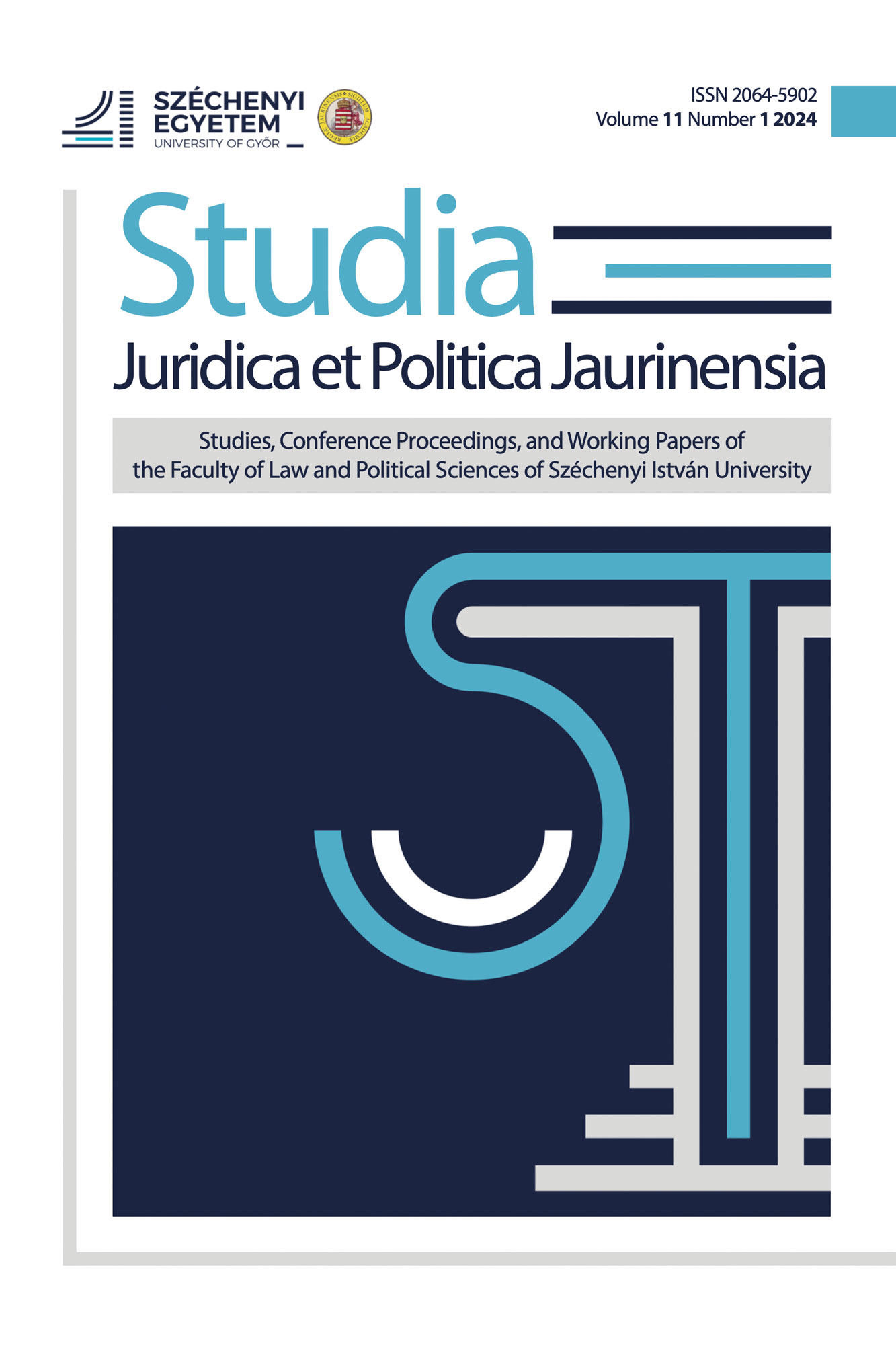ChatGPT and the world of education: Visualization of publications
Author: Sós, Eszter
Abstract: The emergence of ChatGPT has brought significant challenges in the field of education. The use of ChatGPT for assignments among students spread in no time, which was something that educators were not prepared for. For this reason, the focus has been on learning about the use of ChatGPT from the student side, since in order to detect its use, it is necessary to be aware of the areas and methods of its use and to know the dangers of its use. The large number of studies on this topic suggests that there is interest among educators in the use of ChatGPT in education. The number of publications can be used to show the pace at which the number of papers on ChatGPT and education is growing in the academic world. Furthermore, it would point out that while the use of ChatGPT can be beneficial in many areas, there are some areas where human thinking is essential.
Keywords: ChatGPT, higher education, cognitive bias, VosViewer
Cite as: Sós, E. (2024). ChatGPT and the world of education: Visualization of publications, Studia Juridica et Politica Jaurinensia, 11(1), 61–70. https://doi.org/10.71100/STUDIA.2024.1.6
References:
- Cu, M. A. & Hochman, S. (January 22, 2023). Scores of Stanford students used ChatGPT on final exams, survey suggests. The Stanford Daily. https://stanforddaily.com/2023/01/22/scores-of-stanford-students-used-chatgpt-on-final-exams-survey-suggests/
- Dien, J. (2023). Editorial: Generative artificial intelligence as a plagiarism problem. Biological Psychology, 181(108621). https://doi.org/10.1016/j.biopsycho.2023.108621
- Dobelli, R. (2013). Gondolj bele, hogy ne ess bele. Akadémiai Kiadó.
- Dobelli, R. (2014). The art of thinking clearly. Harper.
- Gilson, A.; Safranek, C. W.; Huang, T.; Socrates, V.; Chi, L.; Taylor, R. A. & Chartash, D. (2023). How Does ChatGPT Perform on the United States Medical Licensing Examination? The Implications of Large Language Models for Medical Education and Knowledge Assessment. JMIR Medical Education, 9(e45312). https://doi.org/10.2196/45312
- Juhász, B. & Szekrényi, P. (March 16, 2023). Különkiadás: A legforróbb technológiai újdonságok Digital Pedroval [Audio podcast episode]. In Re:Fact Podcast, Simplecast. https://refact.simplecast.com/episodes/kulonkiadas-a-legforrobb-technologiai-ujdonsagok-digital-pedroval
- Jungco, K. (November 6, 2024). 5 Best AI Detection Tools for Different Use Cases. eWeek. https://www.eweek.com/artificial-intelligence/ai-detector-software/
- Lim, W. M.; Gunasekara, A.; Pallant, J. L.; Pallant, J. I. & Pechenkina, E. (2023). Generative AI and the future of education: Ragnarök or reformation? A paradoxical perspective from management educators. The International Journal of Management Education, 21(2), 100790. https://doi.org/10.1016/j.ijme.2023.100790
- Lin, B. (2024). Reinforcement learning and bandits for speech and language processing: Tutorial, review, and outlook. Expert Systems with Applications, 238(Part E), 122254. https://doi.org/10.1016/j.eswa.2023.122254
- Meeus, E. & Lehtinen, K. (April 12, 2023). ChatGPT: The AI assistant that is smarter than ever, but still learning. Top Data Science. https://topdatascience.com/chatgpt-the-ai-assistant-that-is-smarter-than-ever-but-still-learning/
- Nature. (January 24, 2023). Tools such as ChatGPT threaten transparent science; here are our ground rules for their use. https://doi.org/10.1038/d41586-023-00191-1
- OpenAI. (n.d.). GPT-4 is OpenAI’s most advanced system, producing safer and more useful responses. Retrieved November 14, 2024, from https://openai.com/gpt-4
- Rudolph, J.; Tan, S. & Tan, S. (2023). ChatGPT: Bullshit spewer or the end of traditional assessments in higher education? Journal of Applied Learning and Teaching, 6(1), pp. 342-363. https://doi.org/10.37074/jalt.2023.6.1.9
- Shahriar, S. & Hayawi K. (2024). Let’s Have a Chat! A Conversation with ChatGPT: Technology, Applications, and Limitations. Artificial Intelligence and Applications, 2(1), pp. 11-20. https://doi.org/10.47852/bonviewAIA3202939
- Sibony, O. (2020). You’re about to make a terrible mistake!: How biases distort decision-making – and what you can do to fight them. Little Brown Spark.
- Sós, E.; Horváth, A.; Földesi, P. (2023). Effects of Cognitive Biases and Their Fuzzy Measure During Freight Transportation. In Clausen, U. & Dellbrügge, M. (Eds.), Advances in Resilient and Sustainable Transport (pp. 29-43). Springer. https://doi.org/10.1007/978-3-031-28236-2_3
- Tamás, B.; Sós, E.; Baracskai, Z. & Földesi, P. (2023). Augmented Reality as Extended Cognition for Logistics Decisions. In Dermol, V. (Ed.), Economic, Social and Environmental Sustainability; The Role of Technology and Political Dialogue: Proceedings of the MakeLearn, TIIM & PIConf International Conference: Valetta, Malta & Online, 18-20 May 2023 (pp. 279-292.). ToKnowPress. https://toknowpress.net/ISBN/978-961-6914-30-7/65.pdf
- van Eck, J. N. & Waltman, L. (January 23, 2023). VOSviewer Manual. https://www.vosviewer.com/documentation/Manual_VOSviewer_1.6.19.pdf
- Wandelt, S.; Sun, X. & Zhang, A. (2023). AI-driven assistants for education and research? A case study on ChatGPT for air transport management. Journal of Air Transport Management, 113(102483). https://doi.org/10.1016/j.jairtraman.2023.102483
- Waxman, O. B. (August 8, 2023). The Creative Ways Teachers Are Using ChatGPT in the Classroom. Time. https://time.com/6300950/ai-schools-chatgpt-teachers/


